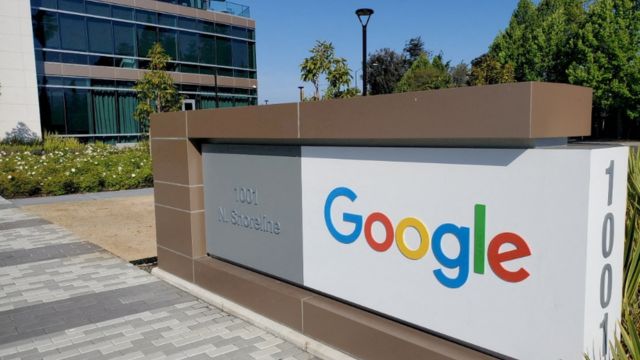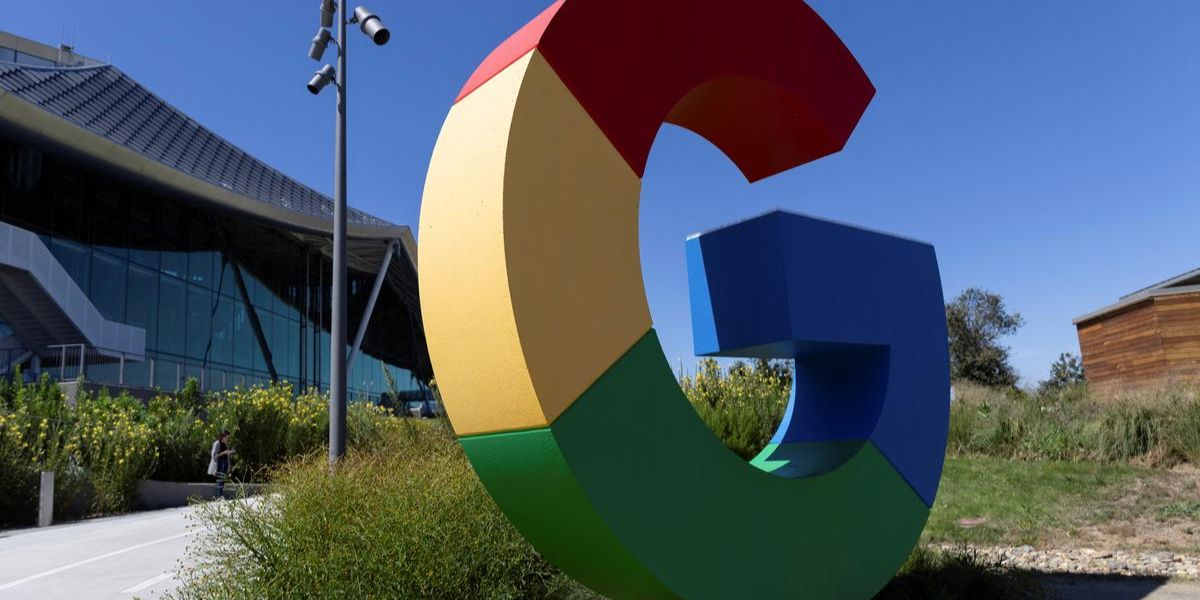MJP –
Experts in the media and journalism have panned Google’s planned multimillion-dollar donation to California to fund local journalism positions, describing the deal as underwhelming and mostly benefiting Google.
Local news organizations will receive tens of millions of dollars—a sum that was discussed behind closed doors and only publicized this week—to ensure their survival.
Opponents of the potentially revolutionary law see it as a classic example of tech companies engaging in political maneuverings to evade a levy. Legislators in California compromised with Google by agreeing to shelve a plan that would have forced digital companies to subsidize news sites from which they financially benefit.
Victor Pickard, a professor of media policy and political economy at the University of Pennsylvania, said that by postponing the bill, the state essentially abandoned a path that could have demanded that social media platforms and Google pay publishers on an ongoing basis for linking news content.

According to him, California also failed to secure a substantially larger sum of money that was available to them under the law.
“Google was amazingly lenient,” Pickard muttered.
SEE MORE –
ResumeBuilder Survey: Over a Third of Business Leaders Anticipate Layoffs in 2024
The tech company Google has stated that the arrangement will benefit California’s journalism and AI industries.
The president of global affairs and chief legal officer for Alphabet, Google’s parent company, Kent Walker, stated that the partnership would establish a national center of excellence on AI policy and expand on the company’s history of collaboration with journalism and the local news ecosystem in their home state.
Helping out struggling news organizations has been a priority for state governments around the US. Due to the decline of old business models and the drying up of advertising income in the digital era, the U.S. newspaper industry has been in a long-term downward spiral.
With the shift from print to digital, news companies are relying more and more on platforms like Google and Facebook to disseminate their content.
The search engine has become the center of a digital advertising empire that earns over $200 billion yearly, whereas publishers have witnessed a dramatic decline in their advertising earnings over the past three decades.
Earlier this year, the owner of the Los Angeles Times laid off over a hundred employees, citing annual losses of up to $40 million.
A study by the Medill School of Journalism at Northwestern University found that over 2,500 newspapers have gone out of business since 2005 and that over 200 counties in the United States lack any kind of local news outlet.
New Mexico and California are providing cash for local journalism fellowships. To encourage news organizations to recruit and retain journalists, New York introduced a tax credit scheme this year, making it the first of its kind in the nation. A measure comparable to the one that failed in California is being considered in Illinois.
A deeper dive into California’s agreement with Google this week is this:
Just what is the deal?
Funding for media activities and a new AI research program will also receive $250 million as part of the accord. There is a five-year financing commitment in the deal.
To increase employment opportunities in journalism, the state government will provide $70 million, while Google will contribute around $110 million. The Graduate School of Journalism at UC Berkeley will be in charge of the fund’s administration.
The artificial intelligence research initiative, which would develop tools to address “real-world problems,” will also receive $70 million from Google, according to Assemblymember Buffy Wicks, who facilitated the agreement.
Wicks had proposed a “link tax” that would have had tech giants like Google, Facebook, and Microsoft pay a cut of their advertising revenue to media outlets in exchange for connecting to their material; this accord is very different from that proposal.
The Canadian policy that mandates Google to pay about $74 million annually to support media served as inspiration for the measure.
For what reasons are tech corporations finally agreeing to this?
Over the past two years, tech corporations have engaged in costly opposition campaigns and advertising campaigns targeting Wicks’ bill.
In April, Google hinted that it would temporarily stop some users in California from seeing news websites in search results. Up until last week, the measure has continued to move forward with support from both parties.
According to Wicks, who spoke to The Associated Press on Thursday, the money that was obtained through the arrangement “is better than zero,” and she did not see any way ahead for her bill.
“This exemplifies the art of the possible in politics,” she said.
The transaction is seen by industry experts as Google’s global strategy to sidestep laws.
According to Anya Schiffrin, a professor at Columbia University who specializes in global media and is co-author of a working paper regarding the amount that Google and Meta owe news publishers, “Google cannot exit from news because they need it.” “In other words, they’re employing a wide variety of strategies to thwart legislation that would mandate equitable compensation for publishers.”
Google owes California publishers an estimated $1.4 billion annually, according to her estimations.
Why are unions and journalists against the deal?
Reporters from Southern California, Nevada, and Texas were allegedly excluded from the discussion, according to the Media Guild of the West. Though they were vocal in their support for Wicks’ measure, the union was left out of Google’s negotiations.
“The future of journalism should not be decided in backroom deals,” states a letter submitted by the union to MPs. Legislators tried to control monopolies but were completely unsuccessful. At this point, we wonder if the government has caused more problems than it has solved.
An earlier this week letter from the union to Wicks stated that the pact undermines efforts to counteract Google’s monopoly on local news organizations and results in substantially less money than what Google provides to newsrooms in Canada.
The inclusion of funds to develop new AI technologies was another point of contention. To them, it’s just another step toward the internet corporations’ goal of displacing them. Artificial intelligence measures were not part of Wicks’ initial bill.
A number of media organizations have spoken out in favor of the merger, including the California News Publishers Association, California Black Media, and Local Independent Online News Publishers.
After this, what happens?
The deal is set to go into force next year, with a $100 million initial investment to launch the initiatives.
The specifics of the agreement, according to Wicks, are still up for debate. According to Wicks, California Governor Gavin Newsom has committed to include the funds for journalism in his January budget; but, further Democratic leaders’ objections may derail the idea.




